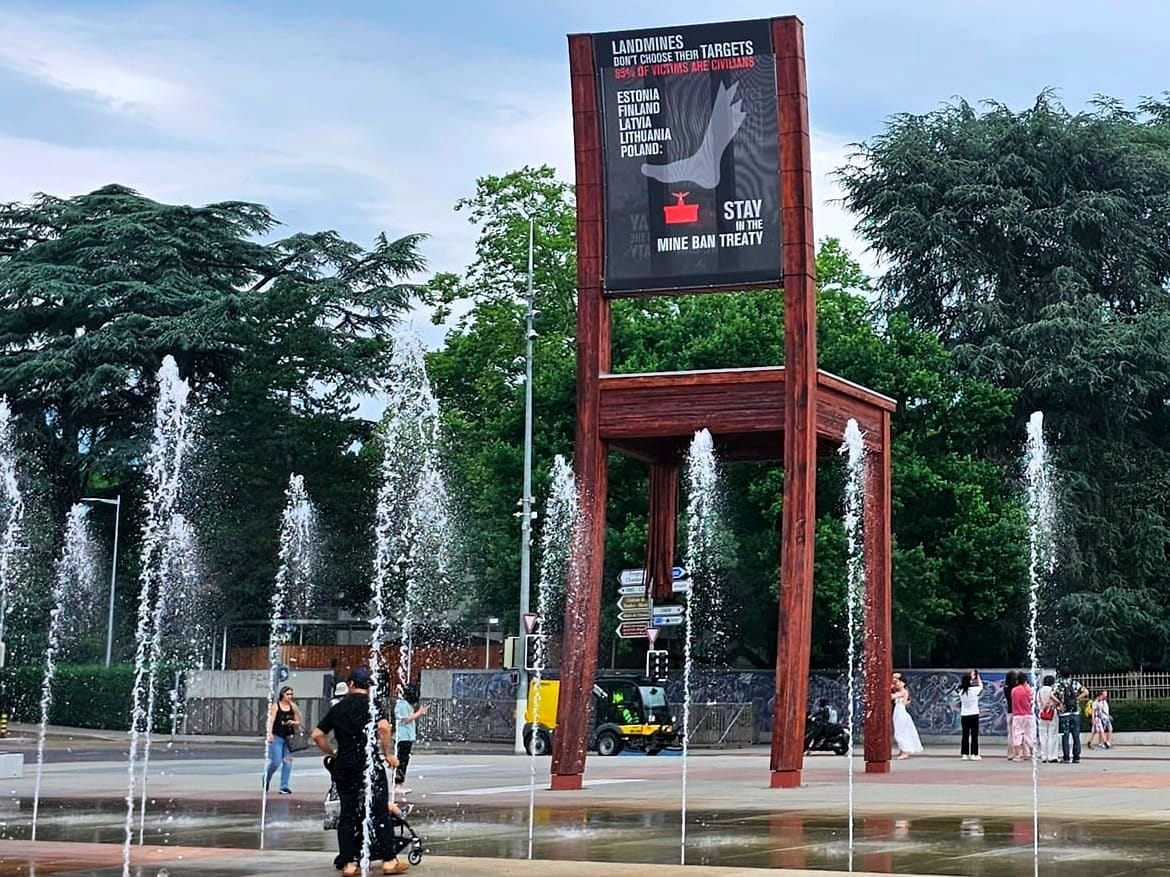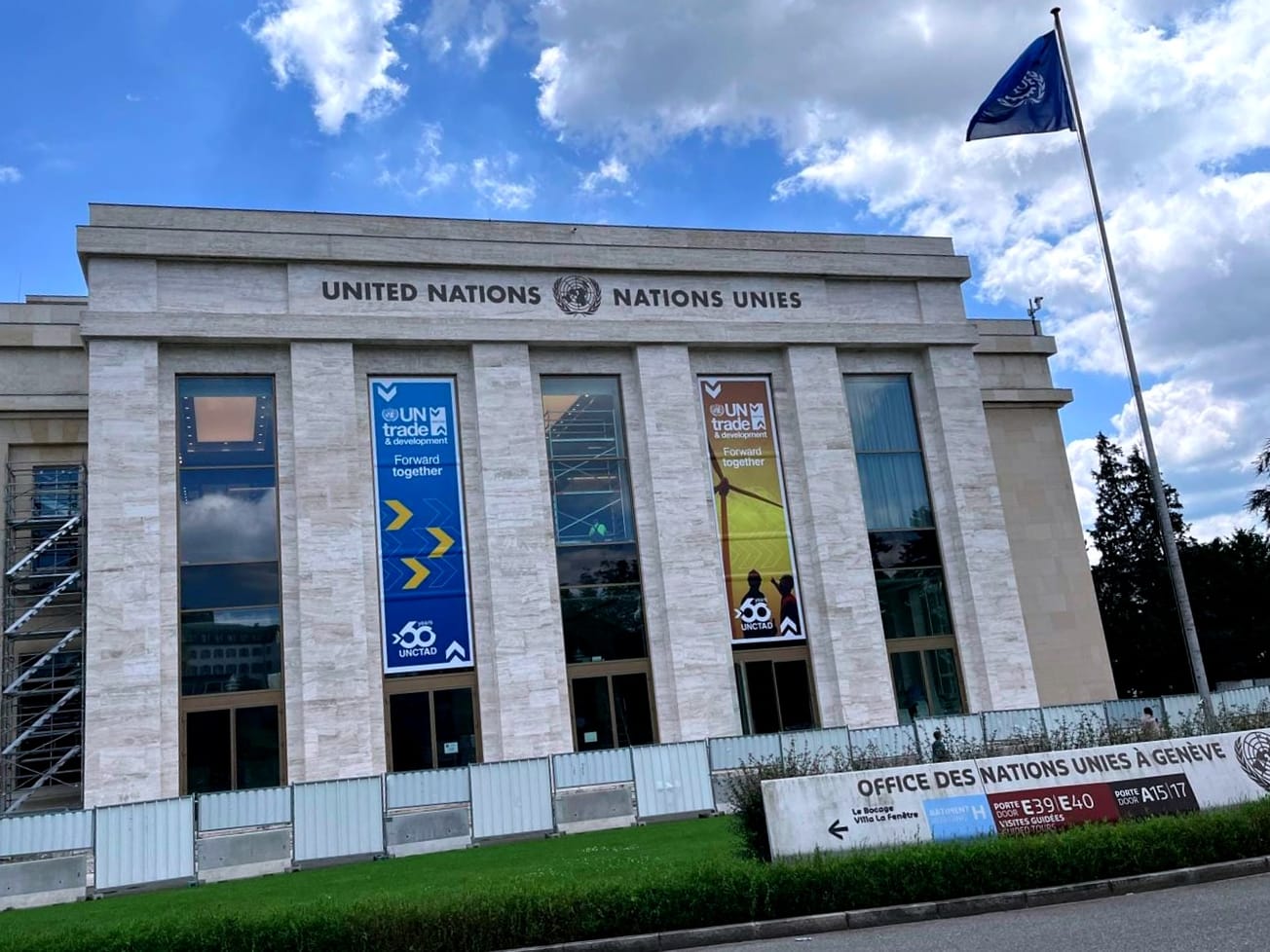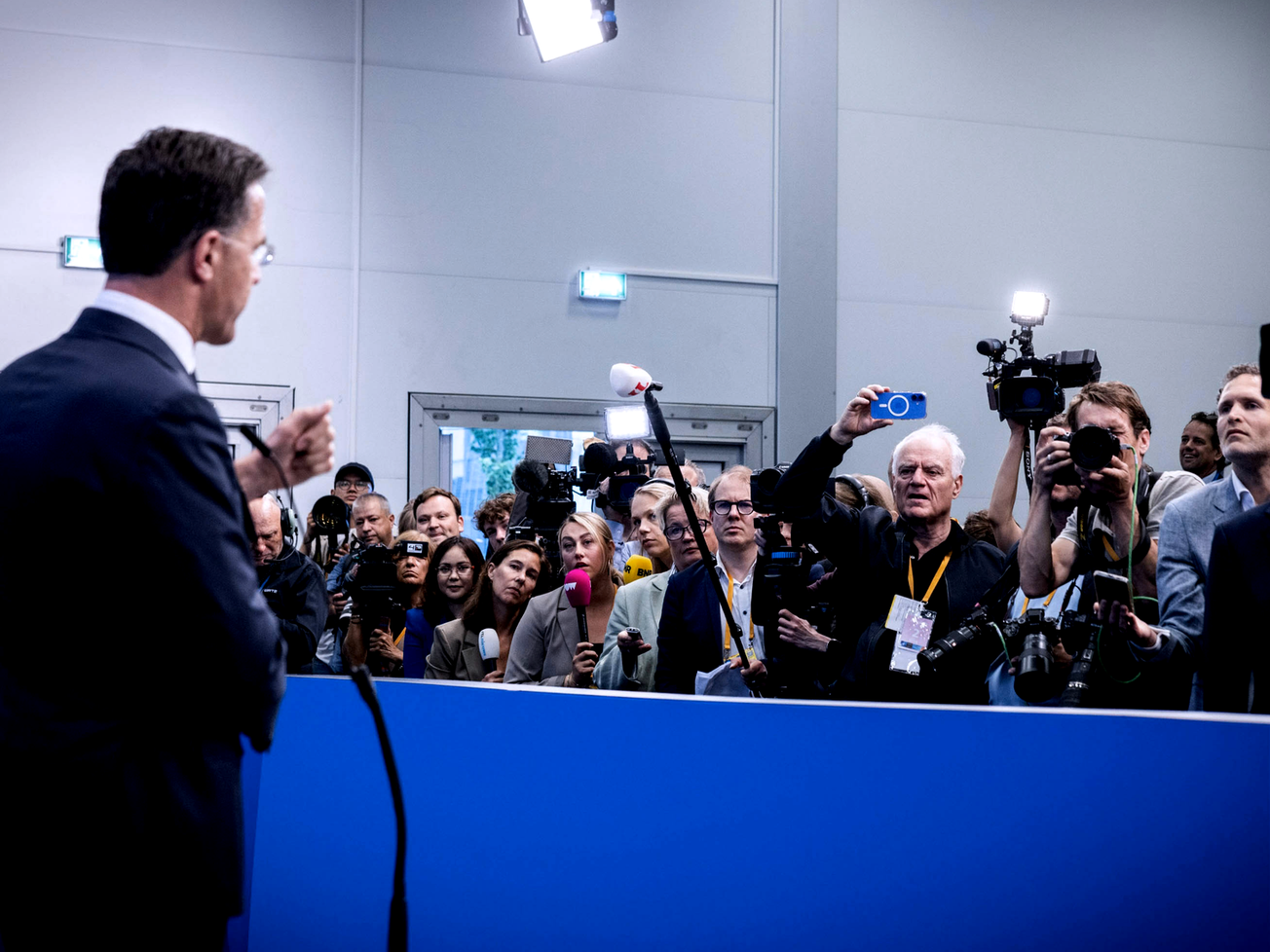WASHINGTON (AN) — A new agreement among 60 governments aims to establish a code of practice for how democratic countries should engage to ensure a free and open internet that upholds human rights and fundamental freedoms.
U.S. President Joe Biden's administration on Thursday announced the creation of the Declaration for the Future of the Internet, a three-page non-binding agreement.





